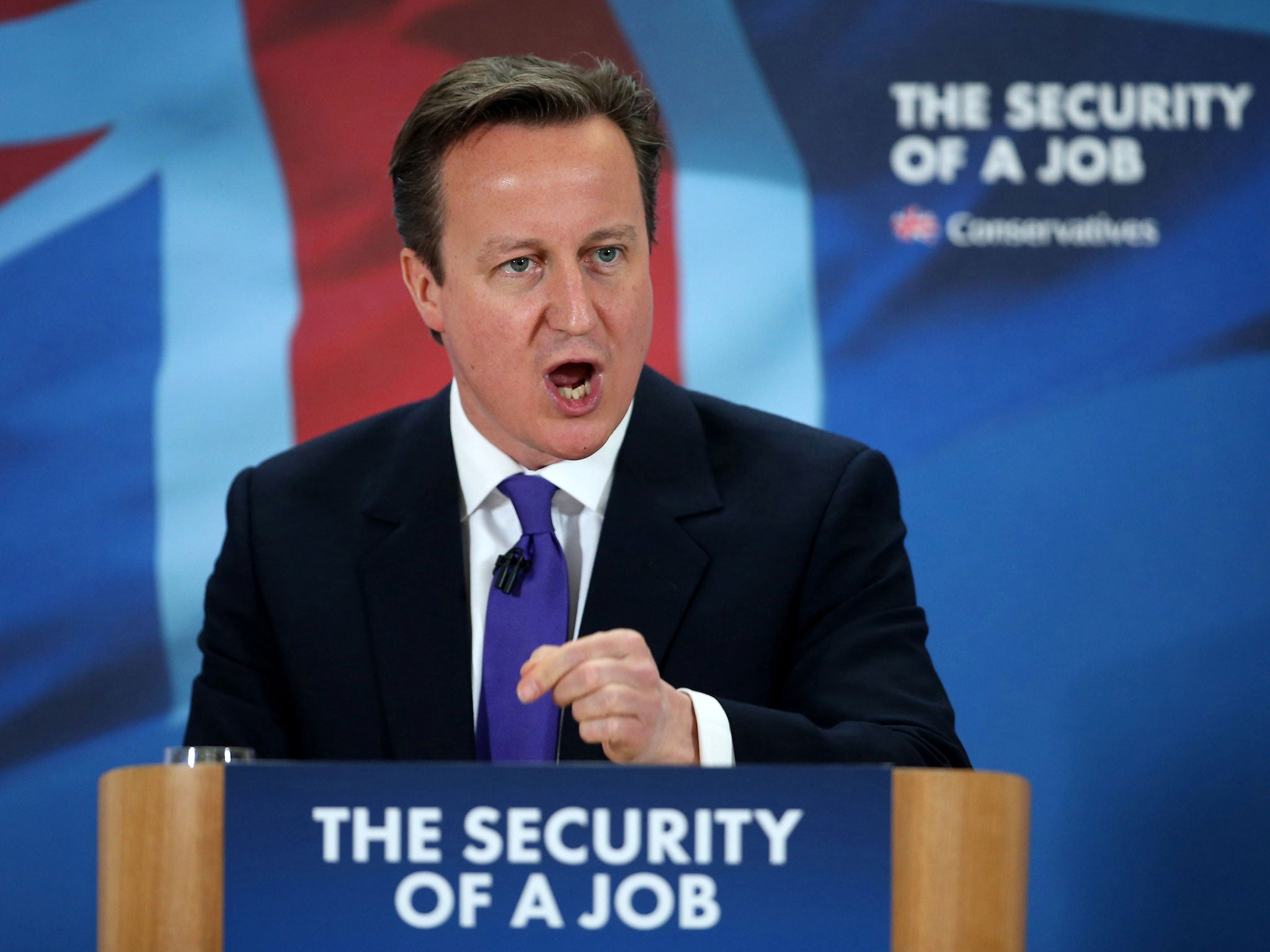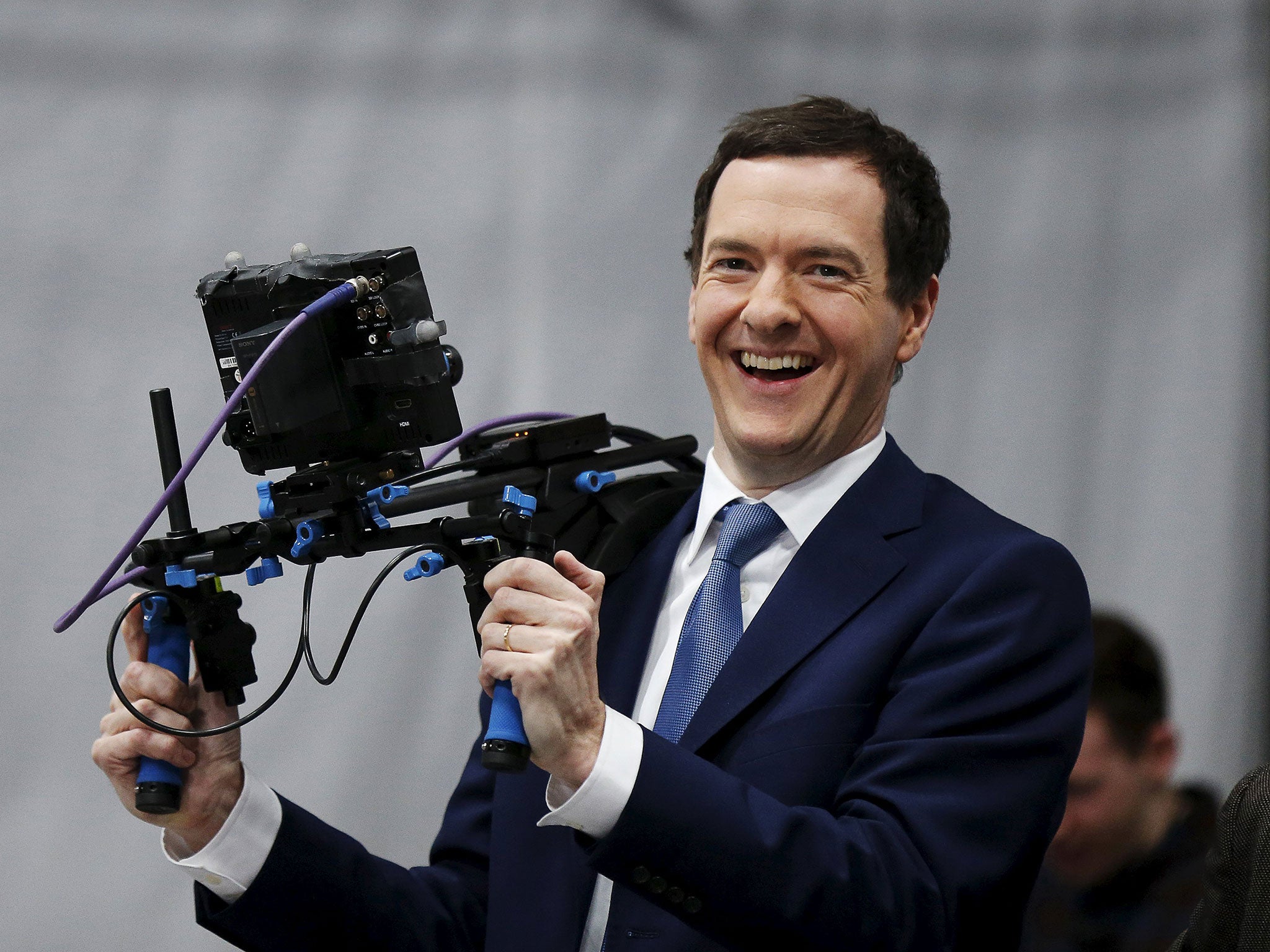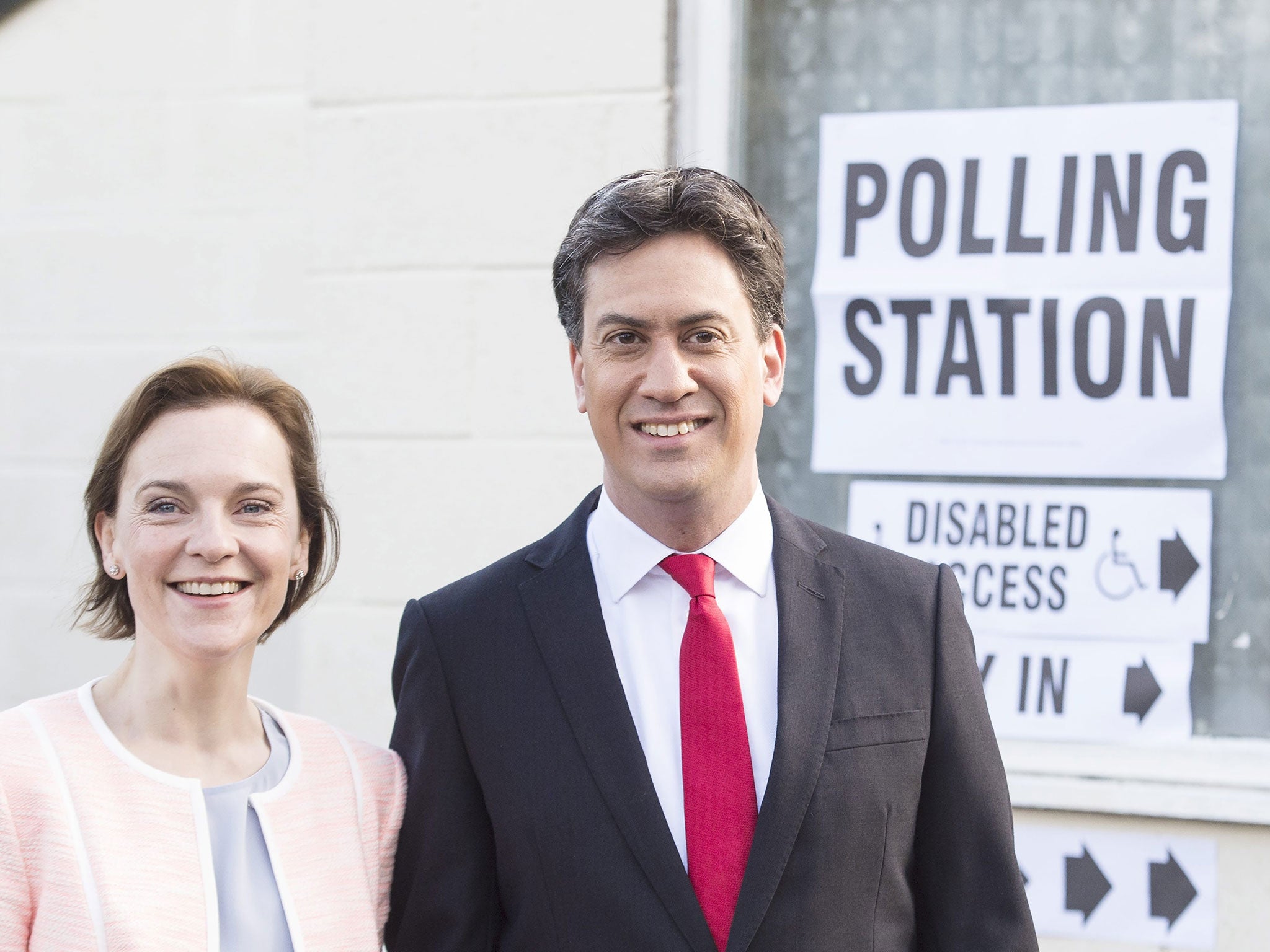UK election results: Lynton Crosby – the wizard from Oz who destroyed Labour
Alienating the union, relying on Lynton Crosby as an election saviour and relentlessly attacking Ed Miliband have caused damage to the party

When David Cameron secured the services of the Australian election guru Lynton Crosby to run the Conservative’s election campaign three years ago, cheerful Tory MPs dubbed him “the Wizard from Oz”.
The 58-year-old had secured two election victories for Boris Johnson in Labour-leaning London and had a string of campaign successes under his belt down under. Some Tories seemed to suggest that, just by hiring him, the election was as good as in the bag.
But things look different now. Because even if the Conservatives defy all expectations to win an overall majority in the early hours of this morning, this will go down as a bad election campaign – not only for the Tories, but also for the union between Scotland and England, which has been jeopardised for the sake of narrow political advantage.
It would be fair to say that Crosby looks less like the wizard from Oz and more like the “real” Wizard of Oz: a rather ordinary man whose strength emanated only from others’ belief in him.
To begin with, the campaign devised by Crosby for the Tories was effectively a rerun of that which his business partner Mark Textor had successfully executed for the National Party in New Zealand last autumn.
Under the slogan “Keep the team that’s working”, that campaign emphasised the National Party’s economic competence and contrasted it with negative attacks on the “chaos” that would result from voting for the rival Labour Party. In the UK, this strategy translated into senior Conservatives trumpeting their party’s “long-term economic plan”, while attacking the credibility of Miliband and ignoring policy areas like the NHS that were not seen to be Tory strengths.
But this strategy had several key flaws that became more apparent as the campaign progressed. The first was the failure of the Tories to articulate early enough any kind of aspirational vision for the country under a future Conservative government.
While Labour was unveiling a strong “retail offering” to voters such as recruiting more doctors and nurses, freezing energy bills, reducing tuition fees and taxing the rich, the Tory policy shelf was remarkably bare. Very few policies were unveiled until the manifesto launch itself and those were less than eye-catching. Up against Labour, the Conservative plan to let housing association residents buy their houses at a discount sounded like a poor Thatcherite tribute band.
The Conservatives also mismanaged their key economic message. The decision by George Osborne to commit the Tories to £12bn of welfare cuts without saying where the axe would fall gave Labour a way to attack the Tories on its strongest ground. As a result the economic debate became just as much about more Tory cuts and further austerity as it was about Labour’s economic competence.
The third mistake was to bank on Ed Miliband being a big electoral liability for Labour. So confident were the Tories that the Labour leader’s dismal personal poll rating would translate into votes that they made attacking Miliband a central campaign theme.
But when they wheeled out the Defence Secretary Michael Fallon to attack Miliband in very personal terms at the start of the campaign, it backfired badly. Voters, it turned out, might have their doubts about Miliband but aggressive personal attacks were putting undecideds off the Tories.

So with their two key pre-planned messages not working – and the polls remaining stubbornly drawn – Crosby and the Tory high command were forced to reassess. They noticed that the rise of the SNP in Scotland was resonating on the doorstep – particularly among potential Ukip/Tory waverers.
So they devised a new strategy, to relentlessly and negatively exploit the dangers of a Labour Government propped up by the SNP. Every day the party wheeled out its new “SNP will hold Labour to ransom” rhetoric on posters, social media and press releases. At times during the campaign it has seemed like the only Tory message.
But while the new strategy firmed up the Tory vote and squeezed Ukip in England, the messaging has had unintended and damaging consequences North of the border.

For Scottish voters it has heightened their sense of disillusionment with UK politics in general. By pushing Labour into ruling out any kind of post-election deal with the SNP the strategy has created the impression in Scotland that whatever the result Scottish MPs will be second-class citizens in Westminster.
It is an irony that a party whose full name is the Conservative and Unionist Party should have run a campaign that has done such damage to the union they want to protect.
Join our commenting forum
Join thought-provoking conversations, follow other Independent readers and see their replies
Comments
Bookmark popover
Removed from bookmarks